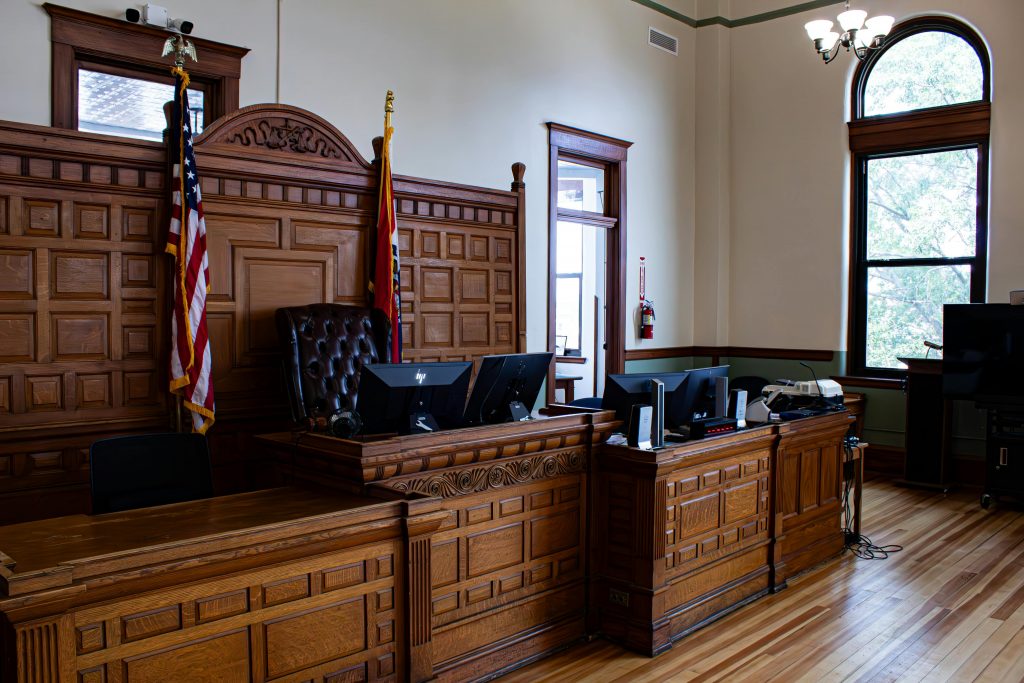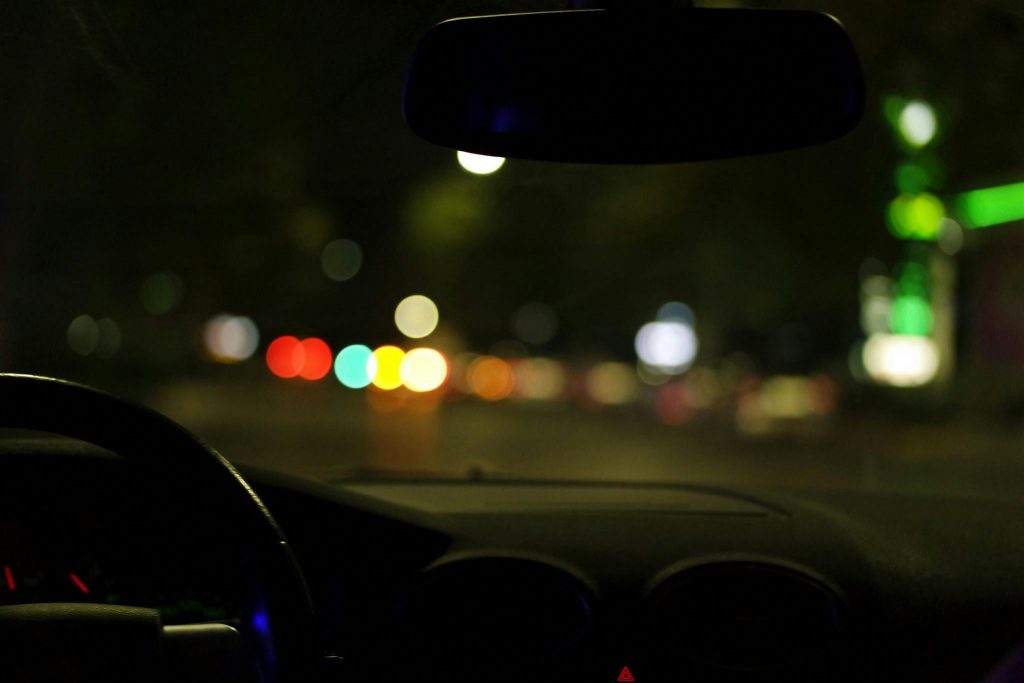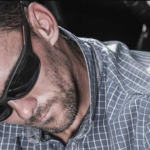Michigan’s Drunk Driving Sobriety Court Law
A defendant charged with OWI, DUI, or a related offense with prior OWI convictions may qualify for Drunk Driving Sobriety Court. A defendant’s driver’s license is not revoked if they are in Sobriety Court.

Repeat OWI Offenders Risk Revocation of Their Driver’s License.
The drunken driving laws in Michigan are some of the toughest in the United States. A person who is a repeat drunk driving offender faces a possible lifetime revocation of their driving privileges. If a person had one prior OWI within seven years, that person would be eligible to appeal the revocation after one year. Also, depending on the circumstances, a person with two prior convictions within ten years must wait for as long as five years to appeal the revocation. There is no guarantee of success during the review, and a person can only seek a review once per year. Participating in a drunk driving Sobriety Court program can be a repeat offender’s best chance of avoiding the revocation of their driving privileges in Michigan.
Licensing Issues for Repeat DUI/OWI Offenders
There have been substantial changes in drunk driving laws related to driving privileges and repeat offenders. With the new changes, a qualifying repeat drunk driving offender will be eligible to obtain restricted driving privileges after a 45-day suspension if they have a breath alcohol ignition interlock device installed in their vehicle and have successfully participated in a sobriety court program.

Restricted License Under Sobriety Court Law
Under the Sobriety Court law, the Secretary of State is required to issue a restricted license to a person whose license was restricted, suspended, revoked, or denied because that person either has:
- two or more prior convictions for OWI or operating while impaired under Michigan law, or
- one conviction under Michigan law for one of these offenses preceded by one or more convictions for violating a “substantially similar” law from another state.
Underage drinking and driving offenses outside Michigan may also count if they are “substantially similar.” A restricted license will not issue if a person is otherwise ineligible to have a license, except for certain circumstances.
A restricted license under this law allows a person to operate a vehicle while traveling to and from home, workplace, school, and court-ordered treatment or education programs and only if the vehicle has an approved ignition interlock device installed. It remains in effect until a hearing officer orders an unrestricted license. A person can get an unrestricted license when either the court notifies the Secretary of State of the person’s successful completion of the Sobriety Court program or the completion of the minimum license sanction that the Secretary of State would impose had the Sobriety Court law not applied to the person – whichever is later. A violation of the restricted license can result in a full suspension of driving privileges.
Another benefit to an offender is that if a repeat offender is admitted to a Sobriety Court program, their vehicle is exempt from forfeiture and immobilization. The exemption from forfeiture stays in place as long as that person is in good standing or satisfactorily completes the program.
Penalty for Failing a Drunk Driving Sobriety Court Program
There are penalties if the person fails or is terminated from the Sobriety Court program or if the interlock device is tampered with or removed, if the person drives an automobile without an interlock device without prior court approval, or is charged with a new OWI. The individual will be subjected to the maximum suspension or revocation possible under the statute. If the person fails to pay fines and costs to the court, the restricted license is suspended until the payment of those fees.

Frequently Asked Questions
What happens in sobriety court in Michigan?
Sobriety Court aims to improve public safety and community well-being by reducing repeat alcohol offenders. Reducing recidivism is accomplished through an interdisciplinary strategy that combines close monitoring, tailored treatment, and frequent judicial review to ensure personal accountability. The program successfully employs court and community resources to assist persons in creating and maintaining a substance-free lifestyle.
How long is sobriety court in Michigan?
Sobriety Court is divided into four phases and lasts for a minimum of 18 months. Progressing through each phase necessitates a solid commitment to recovery. The first phase lasts three months, while the second lasts four months, and both are made up of extremely demanding conditions. The remaining two phases last 11 to 17 months.
Can I avoid jail by successfully completing a drunk driving sobriety court program?
Under a new Michigan law, a judge can waive the mandatory minimum jail sentence for a defendant convicted of an OWI 2nd (misdemeanor) or OWI 3rd (felony) if they successfully complete a sobriety court program.

Experienced Michigan OWI Defense Attorney
The attorneys at LEWIS & DICKSTEIN, P.L.L.C. have decades of experience representing people charged with drunk driving offenses in courts all over the State of Michigan. Our defense team’s attorneys have vast experience in sobriety court programs and how they work. We also practice regularly in driver’s license restoration issues. The attorneys at LEWIS & DICKSTEIN, P.L.L.C. are well respected by judges and members of the legal community.
Call us today at (248) 263-6800 for a free consultation or complete an online Request for Assistance Form. We will contact you promptly and find a way to help you.














